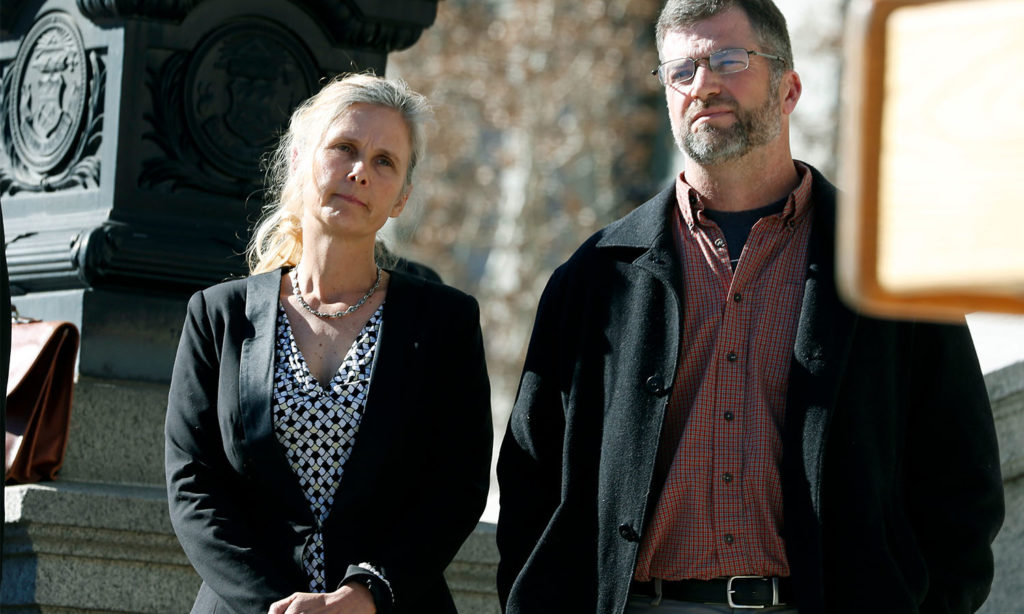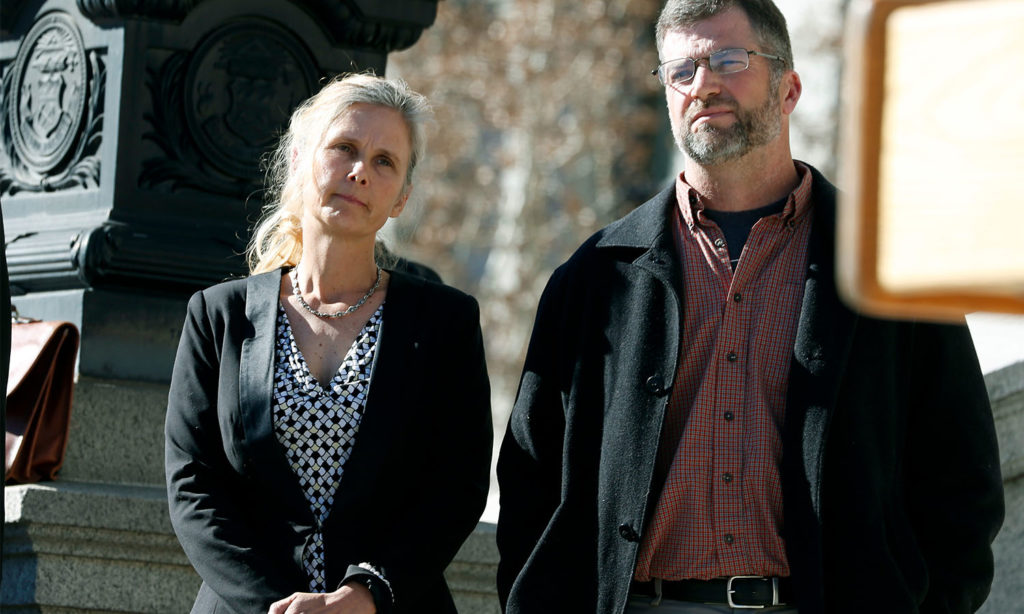By, Paul Elias
SAN FRANCISCO (AP) — A Colorado jury likely threw cold water on future legal challenges against cannabis companies by homeowners who consider filing racketeering lawsuits alleging proximity to pot operations hurts their property values, analysts and industry lawyers said Nov. 1, 2018.
A federal jury in Denver on Oct. 31, 2018, rejected claims involving the odor from a cannabis farm made in a case that was closely watched by the marijuana industry. It was the first such lawsuit to reach a jury. Three others are pending in California, Massachusetts, and Oregon.
“The big takeaway is that the verdict is likely to curb the enthusiasm for bringing these lawsuits in the future,” said law professor Rob Mikos of Vanderbilt University in Nashville, Tennessee.
He said it’s easy to show marijuana companies are violating federal laws against cannabis, but the Colorado verdict shows the difficulty in proving actual harm.
“There was a thought that this would be easy money,” Mikos said about such claims.
Congress created the Racketeer Influenced and Corrupt Organizations (RICO) Act to target the Mafia in the 1970s. It allowed prosecutors to argue that leaders of a criminal enterprise should pay a price along with lower-level defendants.
The law also allows private parties to file lawsuits claiming their business or property has been damaged by a criminal enterprise. Those who can prove it can be financially compensated for damages plus attorneys’ expenses.

Hope Reilly, left, and Mike Reilly, shown in 2015, lost their legal challenge against a neighboring cannabis grow before a Denver federal jury Oct. 31, 2018. Their attorneys, citing the Racketeer Influenced and Corrupt Organizations (RICO) Act, alleged that the odors from the marijuana farm reduced the property value of their home. The outcome of this case could influence similar property values cases in California, Massachusetts, and Oregon, legal experts say. (Associated Press File Photo/David Zalubowski)
Scott Schlager, a lawyer who filed a similar lawsuit against a Cambridge, Massachusetts, dispensary agreed with Mikos, saying racketeering lawsuits are expensive to litigate.
“They shouldn’t be the next cottage industry,” he said. “There is a lot of uncertainty.”
Schlager said the Denver verdict will have no effect on his case because the two legal actions have important differences.
The Colorado plaintiffs complained that a farm’s odor lowered their property value by about $30,000.
Schlager’s clients in Harvard Square argue that the stigma of a marijuana dispensary in the upscale business district lowered property values by $29 million.
California attorney Ken Stratton, who represents a pot farmer being sued by eight homeowners near Petaluma, California, said he was surprised the Denver case reached a jury.
“I think we’ll see more and more of these knocked out before they go to trial,” Stratton said. “The racketeering law wasn’t meant to litigate land disputes.”
He also predicted the Denver verdict will make other lawyers and disgruntled neighbors look elsewhere to settle their disputes with marijuana operations.
He said showing that cannabis operations impact land prices is difficult, especially if the homeowners are speculating rather than arguing they lost money in actual sales.
Emma Quinn-Judge, a Boston lawyer defending the Cambridge dispensary, agreed that showing harm is the biggest hurdle.
“If you know anything about Cambridge home prices then you know that arguing their value has dropped $29 million is laughable,” she said.











